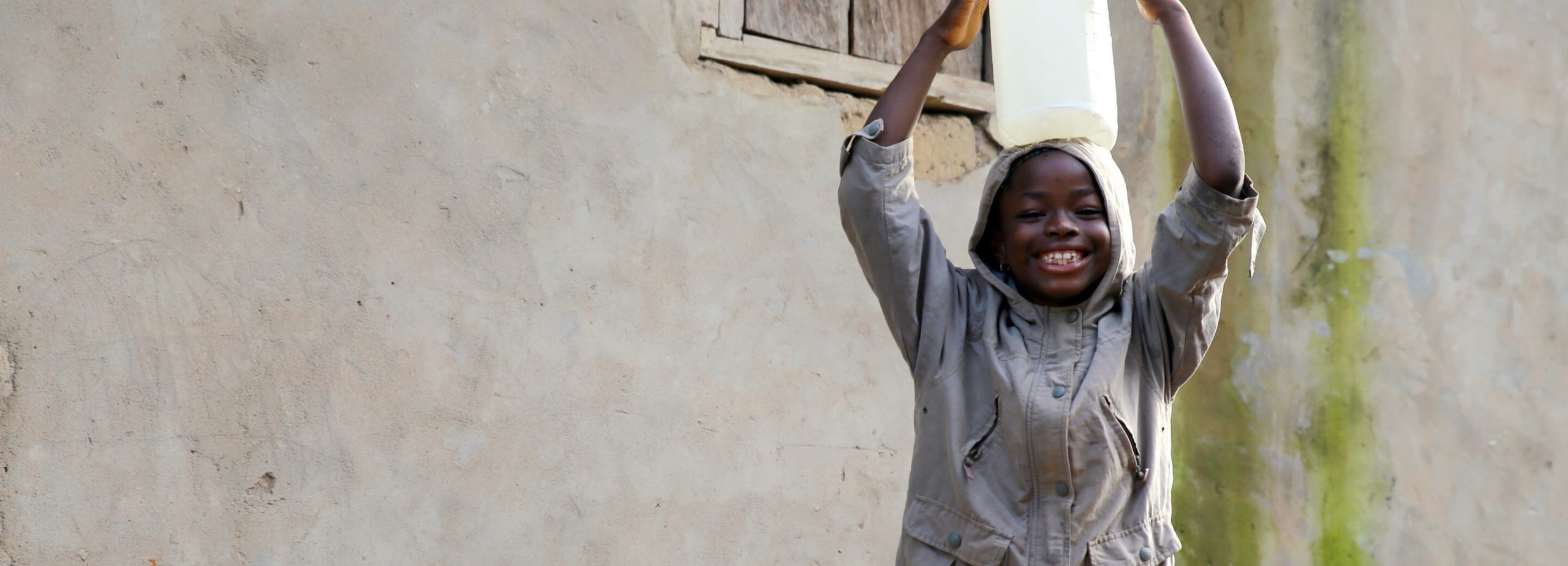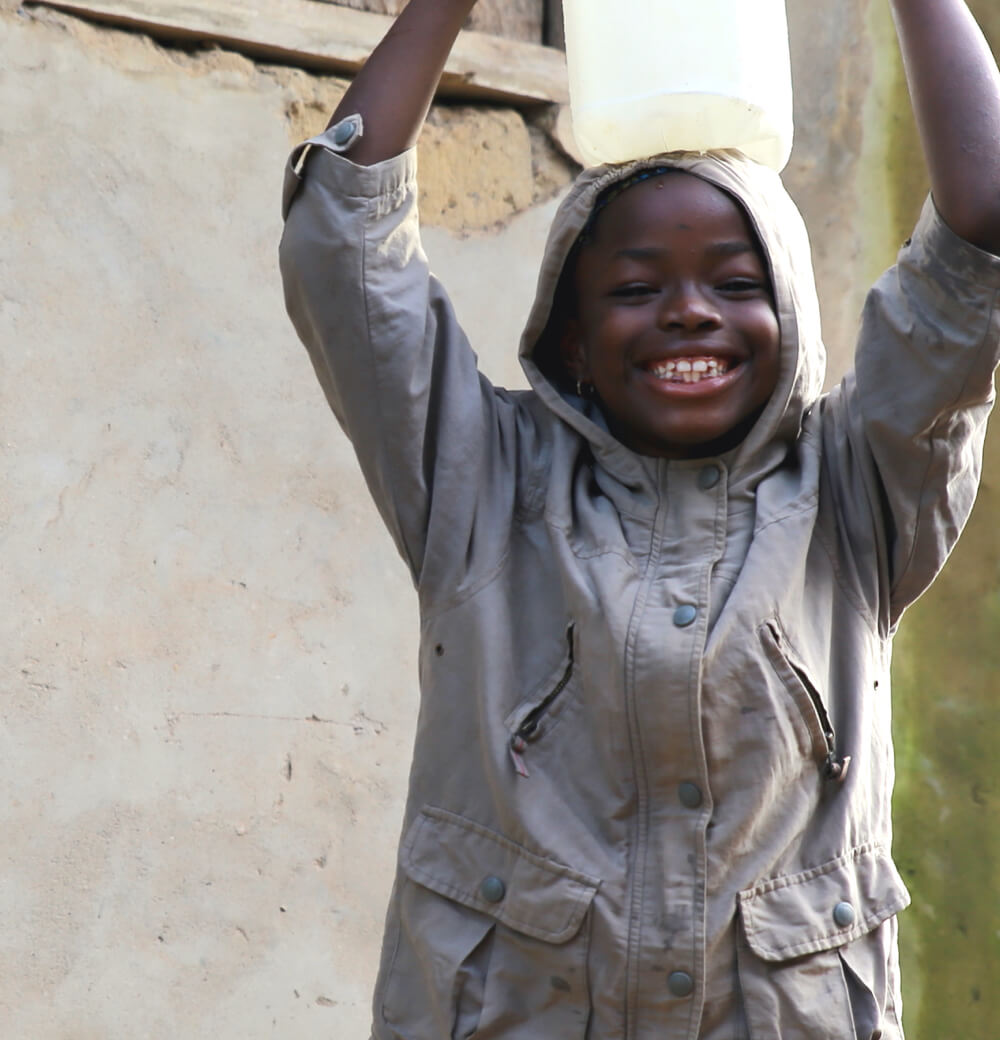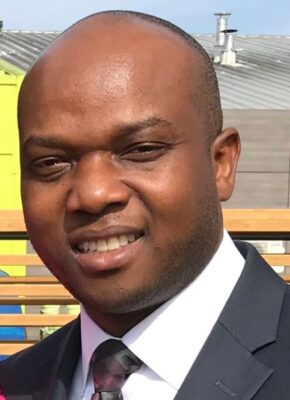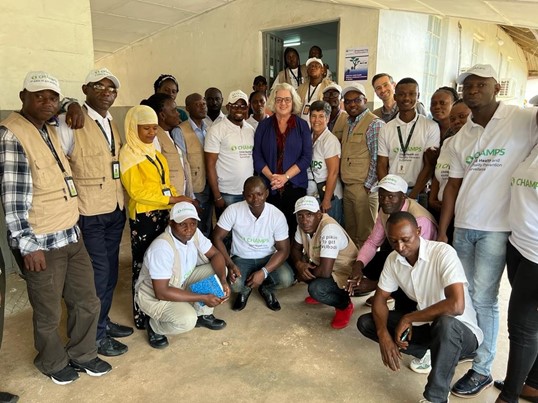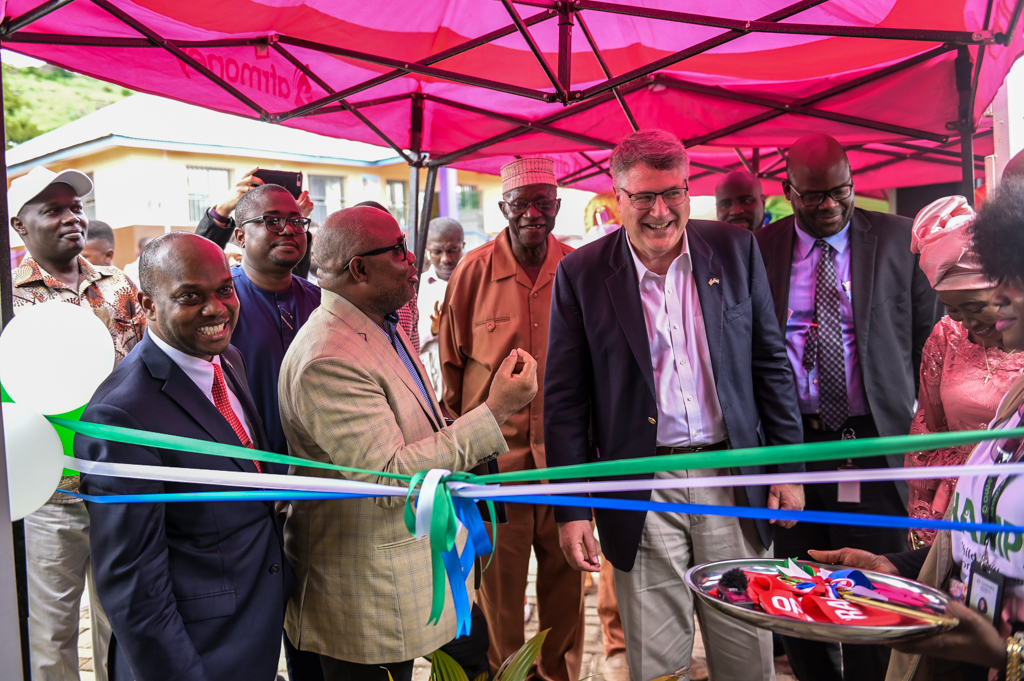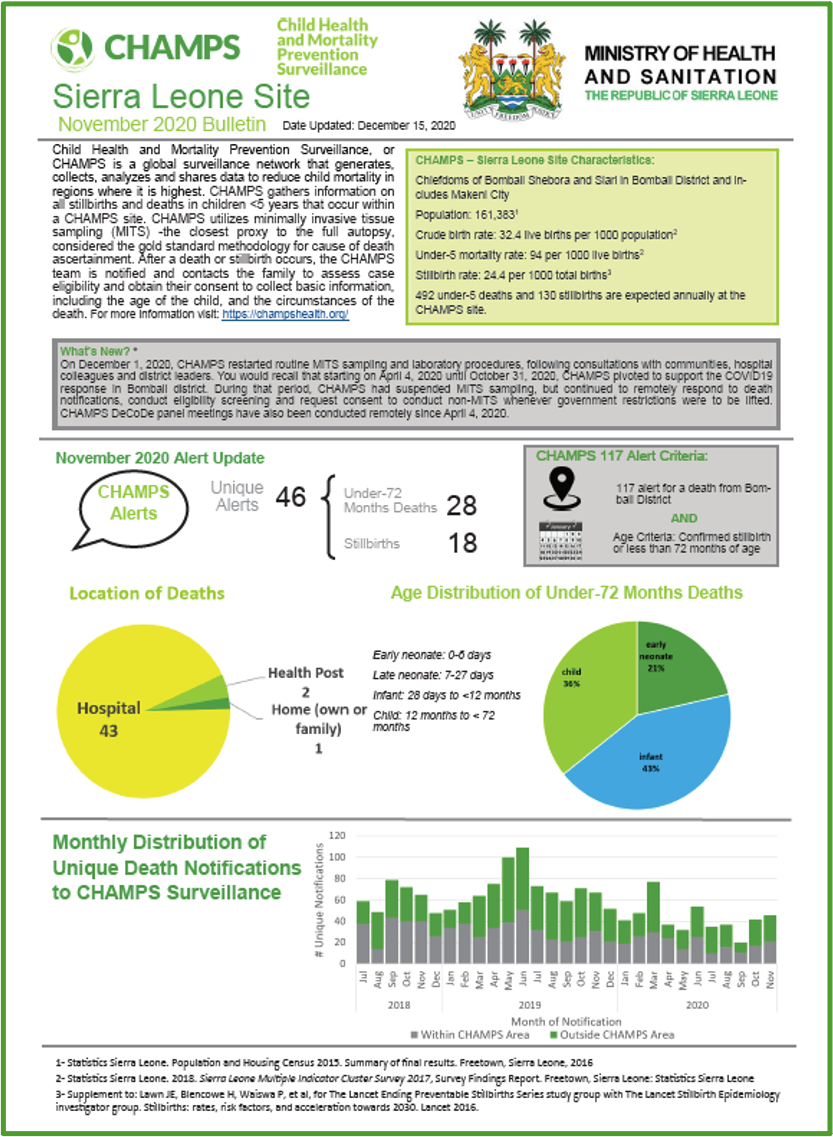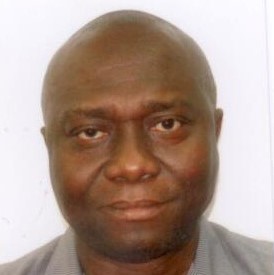
Dr. Amara Jambai
Former Deputy Minister for Health, Ministry of Health and Sanitation, CHAMPS Sierra Leone, Site Director

Dr. Amara Jambai
Former Deputy Minister for Health, Ministry of Health and Sanitation, CHAMPS Sierra Leone
Dr. Amara Jambai currently holds the position of Deputy Chief Medical Officer at the Ministry of Health and Sanitation of Sierra Leone. He is the former Director for Disease Prevention and Control at the same ministry. From 2002 through 2008, Dr. Jambai was the District Medical Officer for the Western area in Sierra Leone. Dr. Jambai’s fields of professional concentration include healthcare delivery in outbreak response, epidemiology, and surveillance of infectious diseases. With regard to infectious diseases, he has conducted research on cholera, yellow fever, and viral hemorrhagic fevers. Dr. Jambai was President of the Sierra Leone Medical and Dental Association from 2009 to 2010 and continues to be a member of the said Association. From 2011 to 2012, Dr. Jambai represented Sierra Leone at WHO’s Regional Committee for Africa.
